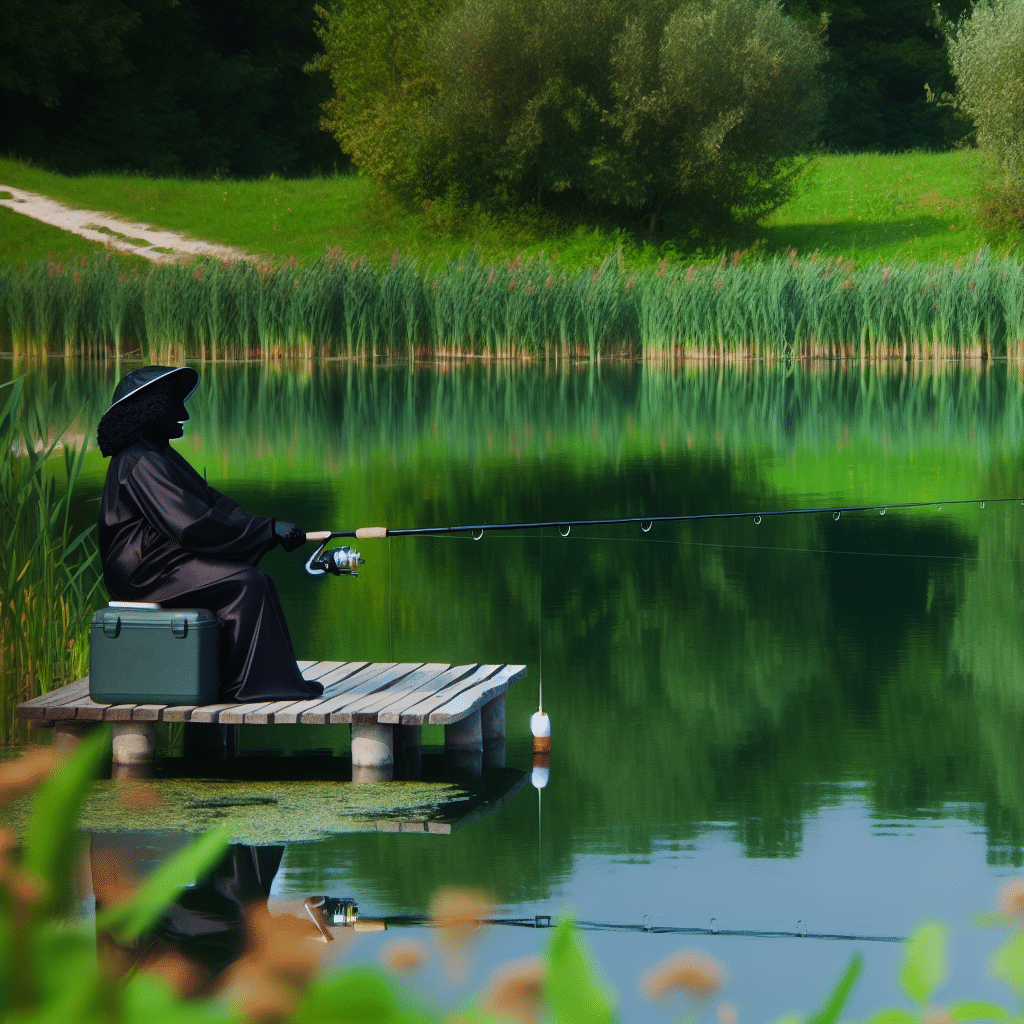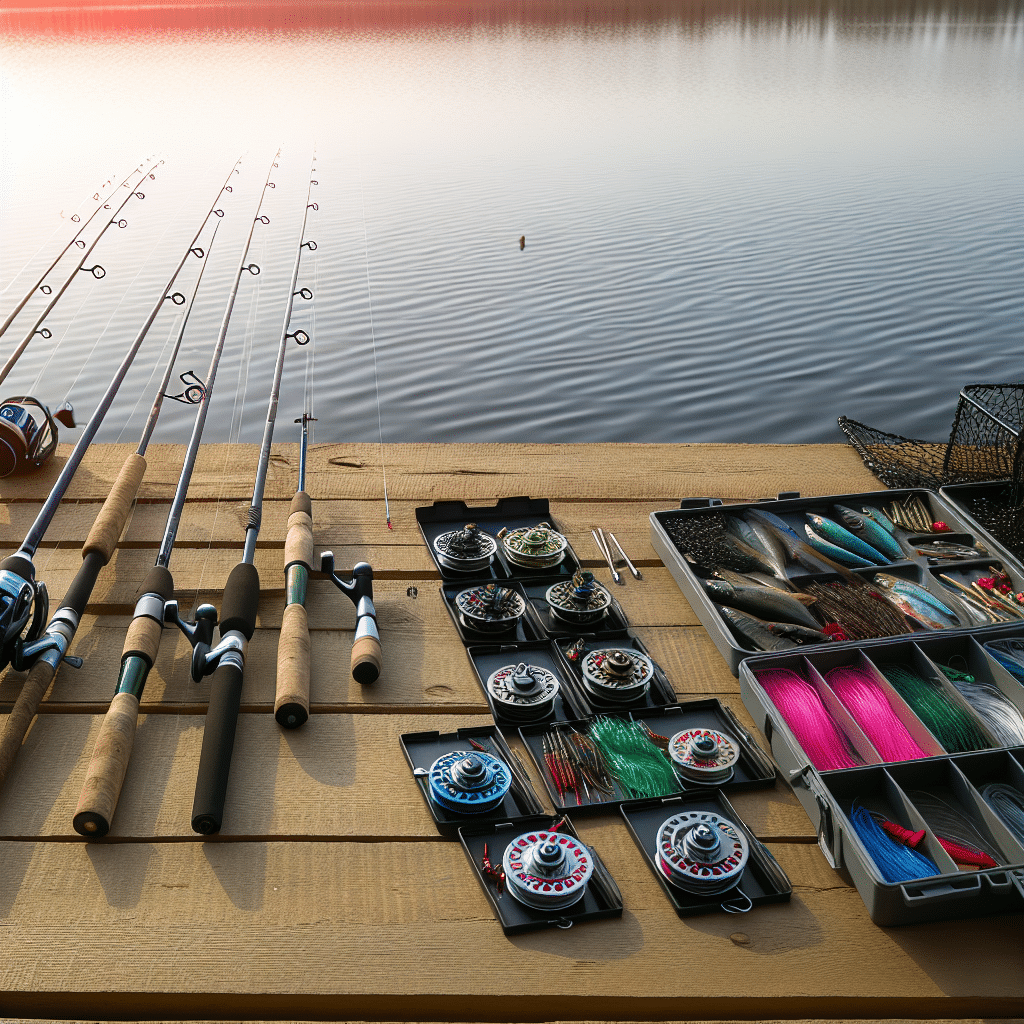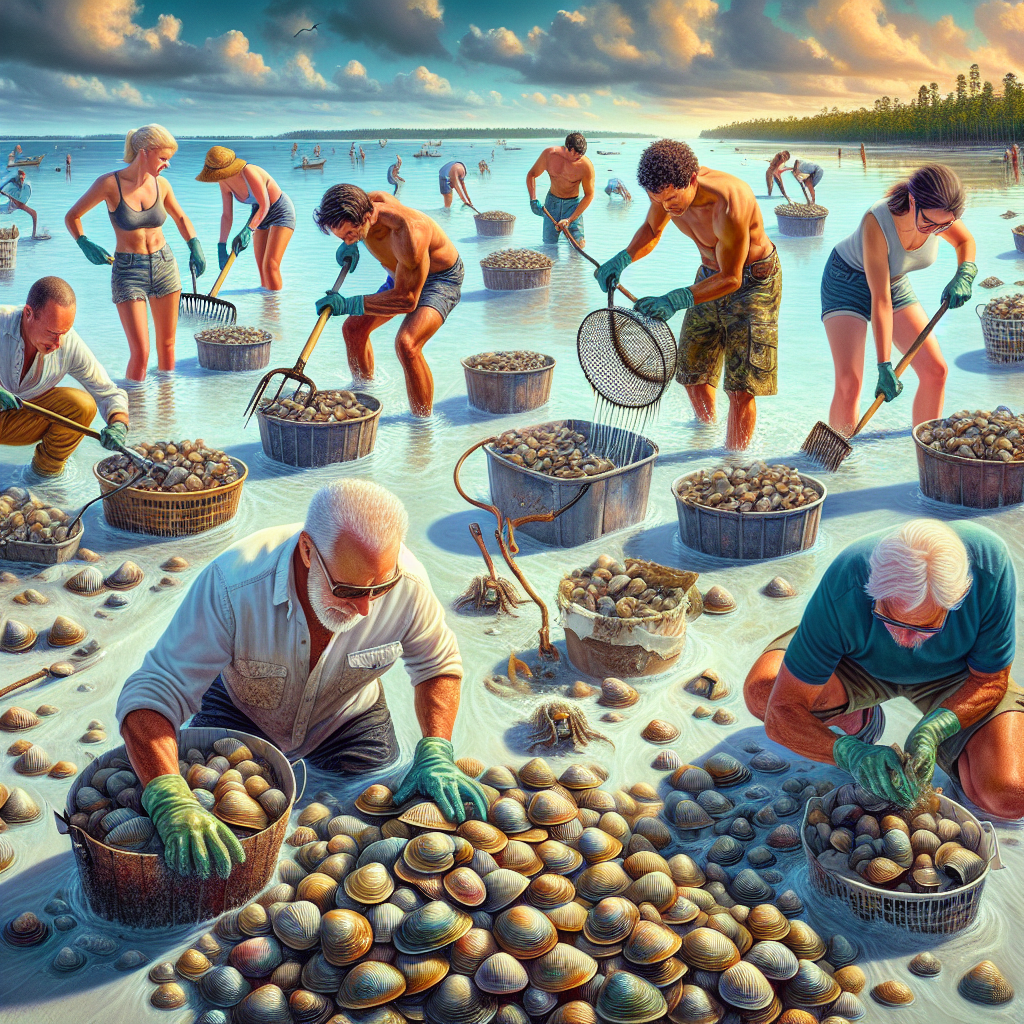Fishing is not just a pastime; it’s a complex and rewarding sport that has captivated humanity for thousands of years. One of the most popular and well-loved forms of fishing is angling. But what does angling mean? Let’s delve into its history, techniques, and why it remains a beloved activity for so many.

The Definition: What Does Angling Mean?
Angling is a method of fishing by means of an “angle” (hook). The hook is usually attached to a line, and the line is often attached to a fishing rod. Angling is typically practiced for recreation or competition, but it can also be a way to procure food. In essence, angling is a sport that combines skill, patience, and a love for nature.
The Historical Roots of Angling
An Ancient Practice
Angling has deep roots in human history. Ancient Egyptians practiced angling as far back as 2000 BCE, as depicted in various tomb paintings. Early angling equipment included simple hooks made from bone, stone, or wood. The basic principles have remained unchanged, even as technology has made the equipment more sophisticated.
Angling in Literature
One of the earliest references to angling in English literature is found in “The Treatyse of Fysshynge wyth an Angle,” published in 1496. The book discusses various methods of fishing and emphasizes the ethical treatment of fish, hinting at the philosophical aspects that many anglers still cherish today.
Techniques and Equipment in Angling
Rod and Reel
Modern angling employs a variety of specialized equipment. The most basic gear includes a fishing rod, a reel, a fishing line, and a hook. There are various types of rods and reels designed for different types of fishing, such as fly fishing, bait casting, and spinning.
Bait and Lures
The choice of bait or lure is crucial in angling. Live bait, such as worms and minnows, can be used, as well as artificial lures designed to mimic the appearance and movement of prey. Anglers often need to experiment with different baits and lures to determine what works best in a particular environment.
Fishing Techniques
There are numerous angling techniques, each requiring a different skill set. Fly fishing involves casting a lightweight lure that mimics the appearance of an insect. Trolling requires dragging lures or baited hooks behind a moving boat. Ice fishing, on the other hand, involves drilling holes into frozen bodies of water and dropping lines into the icy depths below.
The Ethics and Philosophy of Angling
Catch and Release
Many modern anglers practice catch and release, a method of fishing where fish are caught and then returned to the water to live another day. This practice helps maintain fish populations and ensure the sustainability of fishing locales.
Conservation Efforts
Anglers often play a crucial role in conservation efforts. Many participate in programs that monitor fish populations or clean up natural habitats. The philosophy of angling often involves a deep respect for nature, promoting responsible and sustainable fishing practices.
Angling as a Competitive Sport
Tournaments
Angling has also developed into a competitive sport, with tournaments held worldwide. These events vary in their rules and objectives but often focus on catching the largest or most numerous fish within a given timeframe. Participants are judged on their skill, strategy, and sometimes even their ability to follow ethical guidelines.
Famous Competitions
One of the most famous angling competitions is the Bassmaster Classic, held annually in the United States. The event draws thousands of spectators and features some of the best anglers in the world. Other notable competitions include the World Carp Classic and the Fly Fishing World Championship.
The Cultural Significance of Angling
In Art and Media
Angling has left its mark on culture and the arts as well. It has been the subject of countless paintings, films, and books. Ernest Hemingway’s “The Old Man and the Sea” is a notable example, capturing the epic struggle between man and nature.
A Bonding Activity
For many, angling is more than just a hobby; it’s a way to connect with friends, family, and the natural world. Fishing trips often serve as a backdrop for storytelling, relaxation, and bonding, making memories that last a lifetime.
Conclusion: Why Angling Matters
So, what does angling mean? It is an activity that transcends the mere act of catching fish. It is a blend of sport, skill, and science, steeped in history and tradition. Angling fosters a deep connection with nature and encourages responsible stewardship of our natural resources. Whether practiced as a hobby, a sport, or a means of survival, angling offers something meaningful for everyone who participates.
By understanding what angling means, we can better appreciate its role in our lives and the lives of those who have come before us. We can also ensure that future generations continue to enjoy this time-honored practice, keeping the legacy of angling alive and well.



